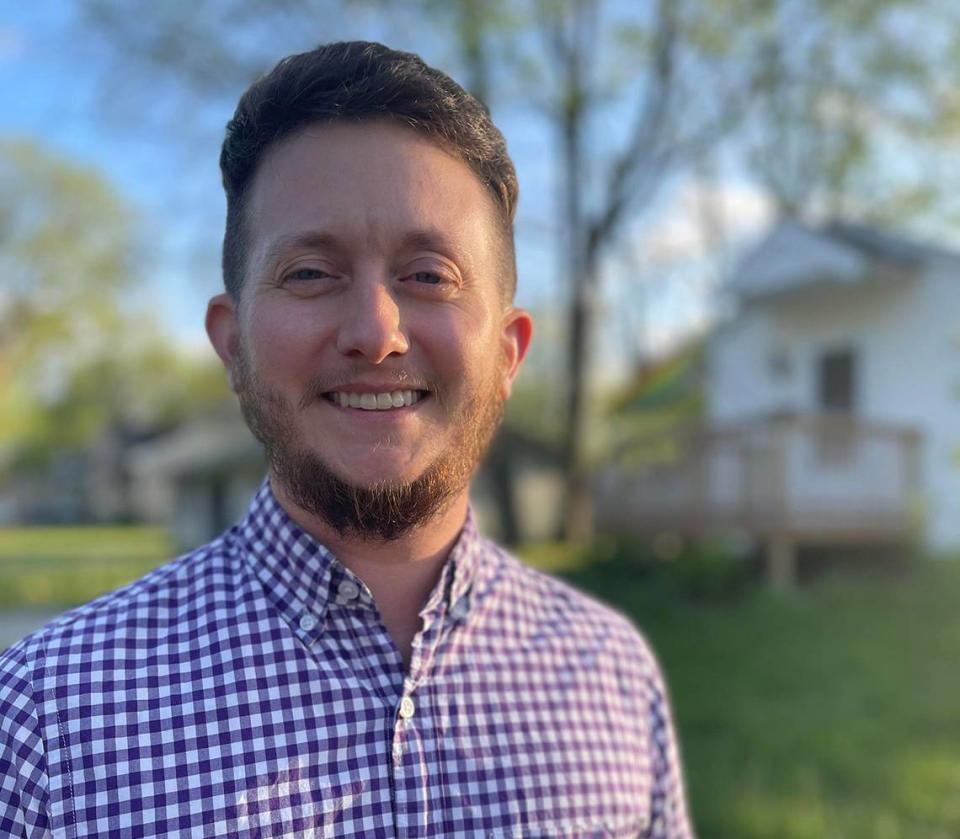Kansas politicians have no business telling families with transgender kids what to do | Opinion
Growing up in Johnson County, I never felt like I fit in. As far back as I can remember I was labeled as a “tomboy,” and didn’t want anything that had to do with being a girl. I had friends who were sporty like me, but I didn’t relate to them. This led me to feel like there was something wrong with me.
Once puberty started, I began hating my body. When I was 12, I remember looking in the mirror staring at my new female chest and thinking, “Why does this have to happen to me? How can I make it stop?”
Being a child in the 1990s and early 2000s was difficult. I had no words for what I was going through or anyone to relate to. It wasn’t until I left my suburban bubble that my feelings started to make sense. I found that I wasn’t the only one who felt estranged from my feminine-presenting body. I found that having feelings of wanting to express masculinity was OK, or even normal. Years later, I decided to medically transition, which included taking testosterone and having surgery on my torso.
The decision to transition was hard because I didn’t know if I would ever be accepted or loved, but that decision ended up changing my life. The gender euphoria I feel every day looking at myself with a flat chest, listening to my lower voice and touching a stubbly beard is still something that brings me to tears.
Looking back, I think about how my life would have been different if I could have accessed transition when I was a child. I wouldn’t have spent the first 18 years of my life feeling like an outsider. I was lucky in the fact that my parents didn’t force me to conform to being a “girly girl.” I’m afraid that if they weren’t open-minded, I would have had a different life trajectory.
Every day, I work with students who are learning about who they are. They are trying on new identities and figuring out what works and what doesn’t. As a teacher, I was taught to uplift my students and make them know that I will support them 100% no matter who they are. Senate Bill 233 now in the Kansas Legislature — which would ban health care professionals from treating minor transgender patients — makes it seem like it is only OK to listen to my cisgender students, and that my trans students are automatically incorrect.
Deciding to transition is a huge decision and it is not to be taken lightly, but we should not doubt that kids know what is best for themselves, whether that includes changing their pronouns, wearing different clothes or delaying puberty with hormone blockers, which are reversible. The majority of trans kids are just looking for acceptance by their community, which rarely includes medical intervention before 18.
The constant talk about my community truly confuses me. It seems like every day it is less about facts and more about fear. As someone who is over the moon now after transition, I can’t relate to people who want to prevent it.
The rate of transition regret is extremely low, so why are we afraid of trans health care? Why do we offer health care and support to everyone, but when the person identifies as trans, we suddenly think they are mentally unstable?
Why aren’t we more concerned about the suicide and bullying rates for trans youths? What are we doing in our schools to prevent this from happening? Nex Benedict, an Oklahoma student outside the gender binary, dies and nothing changes.
Taking away the limited support from teachers, doctors and mental health workers would only make the suicide and bullying rate rise. Trans people will always exist, no matter what bills do or do not pass. But enacting S.B. 233 would show trans kids that they don’t belong in our community and that no one is going to help them.
Stop for a moment and imagine me as your child or your child’s teacher. I am no different from you. I am human. Please treat these kids as humans, too.
Riley Long is a teacher in the Blue Valley School District. He also runs Trans Teacher Talks, a business that trains people on how to be allies for the transgender community.



